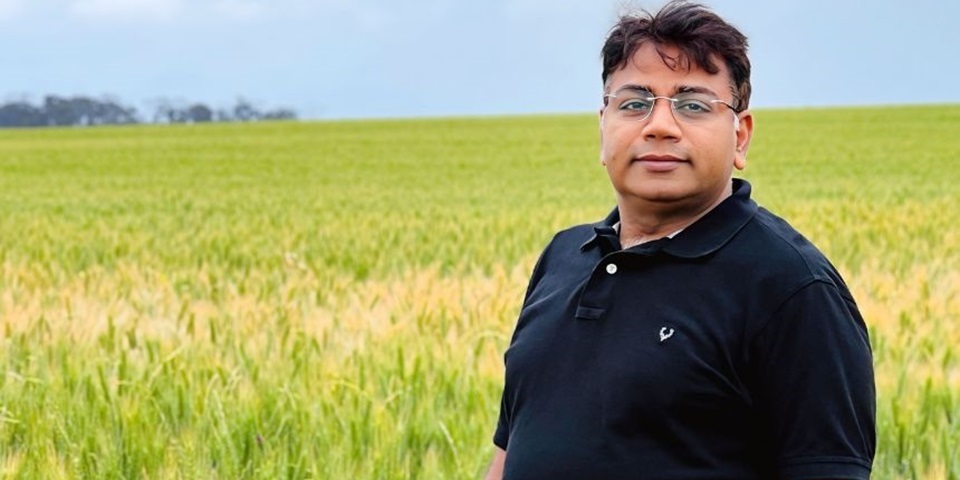News
Scientists unravelling wheat’s genetic past to transform its future

An international team of scientists from Australia and China has uncovered invaluable genetic and genomic information in the world’s most comprehensive wheat genome sequencing and assembly project to date.
The study, published in Nature, answers vitally important questions on wheat’s evolution and offers a springboard for future genome references and global breeding programs.
Co-led by scientists from the Centre for Crop and Food Innovation (CCFI) at Murdoch University, Chinese Academy of Agricultural Sciences (CAAS) and China Agricultural University (CAU), the four-year-long project culminated in the assembly of 17 reference-grade genomes of wheat, resulting in the identification of 250,000 structural variations that determine environmental adaptation, disease resistance, and dietary preference.
Importantly, scientists have pinpointed the genes responsible for novel disease resistance and environmental adaption, offering critical information that will ensure that breeding programs are fit for the future.
Co-lead of the study and Director of CCFI Professor Rajeev Varshney said the work had resulted in the most detailed source source for wheat genetic and genomic information, and offered fascinating insights into wheat's origins, its evolution and its influence on human culture.
Professor Varshney highlighted the team's findings on the 1RS chromosome and the implications for the Australian wheat industry.
"This chromosome, which contains important genes for the resistance of diseases such as powdery mildew and rust, is undergoing a process of rapid evolution, and understanding this dynamic change will be important in the creation of new varieties that can better withstand these devastating diseases," Professor Varshney said.
Murdoch University Deputy Vice Chancellor Research and Innovation, Professor Peter Eastwood said the University was "immensely proud" to have researchers playing a role in the development of the most extensive source of genetic information for wheat.
"With 17 reference-grade genome assemblies and the identification of almost 250,000 structural variations, this research paves the way for better wheat varieties that can withstand pests and diseases whilst supporting global food security efforts," Professor Eastwood said.
Pro-Vice Chancellor and Director of the Food Futures Institute at Murdoch University, Professor Peter Davies also celebrated the significance of this research project, explaining "This research will go a long way in future-proofing one of the world’s most important staple foods. Congratulations on Prof Varshney and all the contributing authors on this historic piece of research, which will undoubtedly serve as an important reference tool for breeding wheat and other crops that can adapt to our changing climate.”
Agricultural Science Students at Murdoch University have opportunity to undertake work placement (work experience) with the CCFI team conducting world-leading research. This is a remarkable opportunity for students to experience first hand the opportunities available in agricultural research, and is a fantastic stepping-stone to career in agricultural research.
Find out more about our courses here.
Read out research training opportunities here.
Current students should head to the Ag Science Community LMS page to read about work placements with some of our world-leading research teams.
Read the full story about this project here
News
Scientists unravelling wheat’s genetic past to transform its future
Posted on
Topics